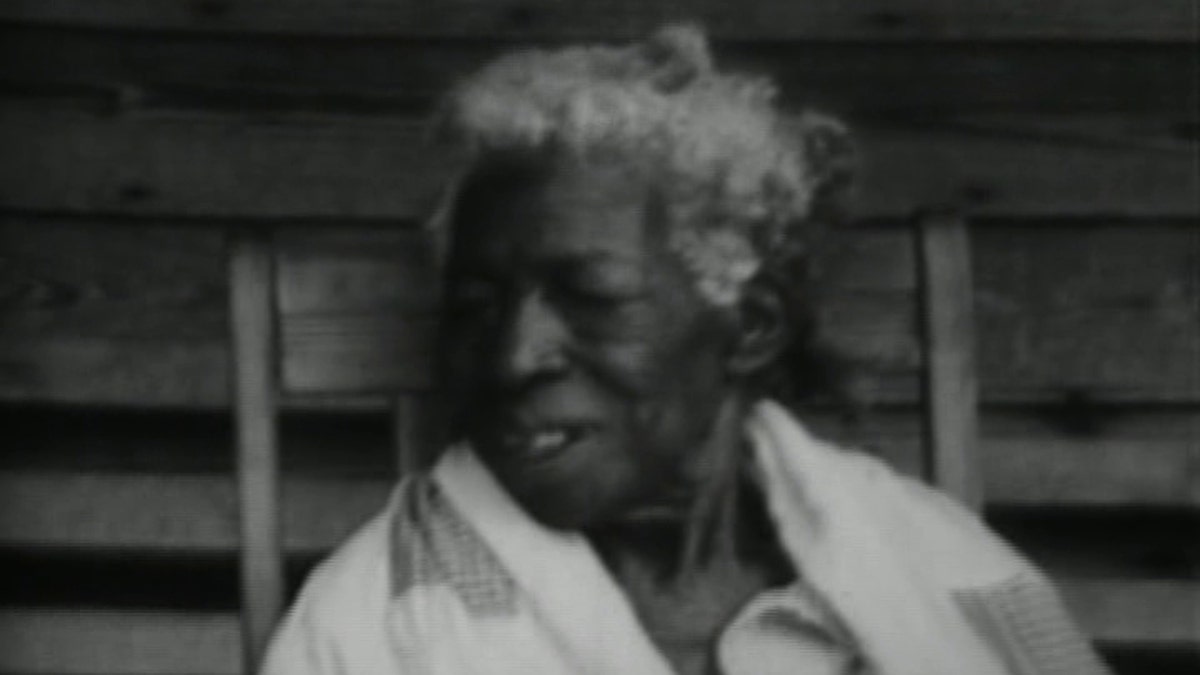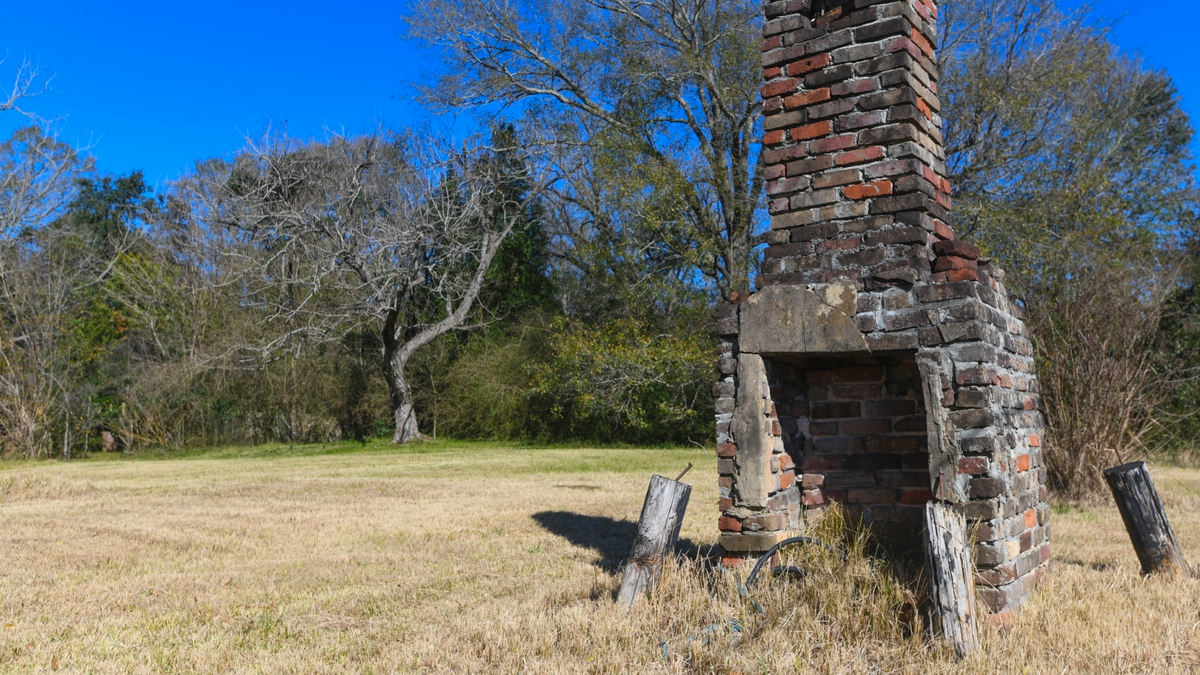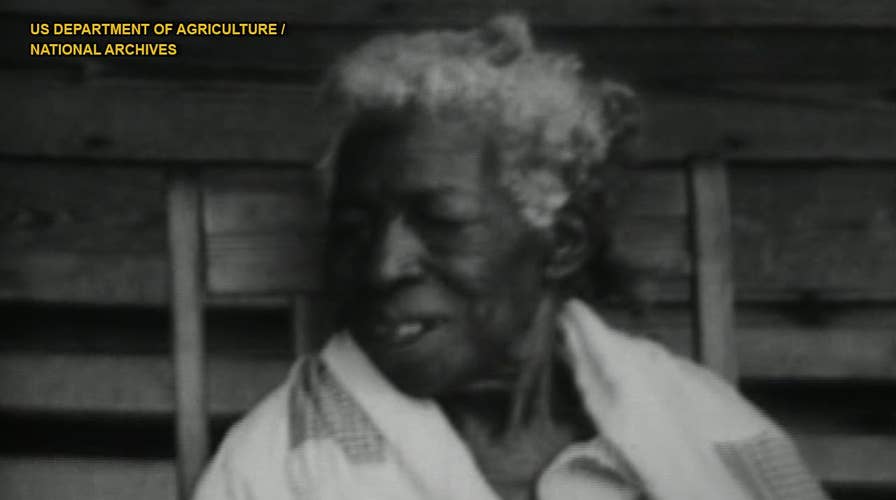Survivor of last American slave ship identified
Dr. Hannah Durkin of the U.K.'s University of Newcastle has determined the identity of the last survivor of the last American slave ship. Redoshi, given the slave name 'Sally Smith,' was kidnapped from West Africa at age 12 and, after spending five years as a slave, died in Alabama in 1937 at the age of 89 or 90. Previously, the last survivor of the transatlantic slave trade was thought to be Oluale Kossola, also known as Cudjo Lewis, who died in 1935.
Researchers have located the remains of the last known ship to have brought slaves to the U.S. from West Africa, Alabama historical officials announced Wednesday.
The Alabama Historical Commission confirmed that the Gulf schooner Clotilda was identified and verified after months of assessment.
"For nearly 160 years, the waters around Mobile have concealed the final destination of the Gulf Schooner Clotilda,” the commission said in a statement.
"The discovery of the Clotilda is an extraordinary archaeological find," said Lisa Demetropoulos Jones, executive director of the commission. "The voyage represented one of the darkest eras of modern history and is a profound discovery of the tangible evidence of slavery."
In 1860, Clotilda illegally transported 110 men, women and children to Mobile from what is now the African country of Benin. The ship was then taken into delta waters north of the port and burned.

Redoshi, described as "Aunt Sally Smith," appeared briefly in a 1930s public information film entitled “the Negro Farmer” that was produced by the U.S. Department of Agriculture. (U.S. Department of Agriculture/National Archives)
The dimensions and construction of the wreck match those of the Clotilda, the commission said, as do building materials including locally sourced lumber and metal pieces made from pig iron. There are also signs of fire.
"We are cautious about placing names on shipwrecks that no longer bear a name or something like a bell with the ship's name on it," maritime archaeologist James Delgado said in a statement. "But the physical and forensic evidence powerfully suggests that this is Clotilda."
ANCHOR FROM 'MOST VALUABLE SHIPWRECK IN HISTORY' FOUND
According to National Geographic, the smuggling venture originated with a wager by wealthy Mobile landowner and shipbuilder Tim Meaher, who bet a group of Northern businessmen that he could bring slaves to Alabama.
Importing slaves into the U.S. had been illegal since 1808 and federal anti-piracy laws had been changed in 1820 to make participating in the trade punishable by death. However, the ban did not deter smugglers who traveled the Atlantic with wooden ships full of people in chains. Southern plantation owners needed workers for their cotton fields.

This chimney in Africatown, Mobile, Ala., is the last remaining original structure from the days when survivors of the Clotilda inhabited the area. (AP Photo/Julie Bennett)
According to the online Encyclopedia of Alabama, approximately 25 of the Africans who were taken on board the Clotilda were sold to slave traders. Sixty others were divvied up between Meaher and two of his relatives, while "between five and eight" were given to the ship's captain, William Foster as payment for the voyage.
The captives were freed from slavery following the Civil War and about 30 of them used the money earned working in fields, homes and vessels to purchase land from the Meaher family and settle in a community still known to this day as Africatown.
CLICK HERE TO GET THE FOX NEWS APP
"Residents of Africatown have carried the memory of their ancestors who were forcefully and violently migrated from Africa to the shores of Alabama," the commission said. "Since then, the final chapter of the Clotilda story has been shrouded in mystery."
The commission is expected to release the full report on their investigation into Clotilda next week at a community celebration in Africatown.
The Associated Press contributed to this report.










































